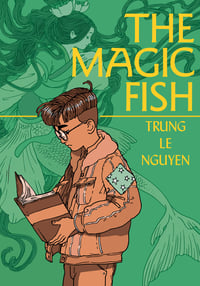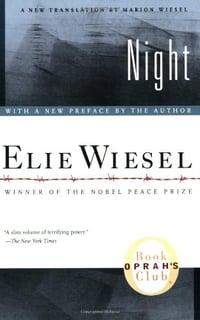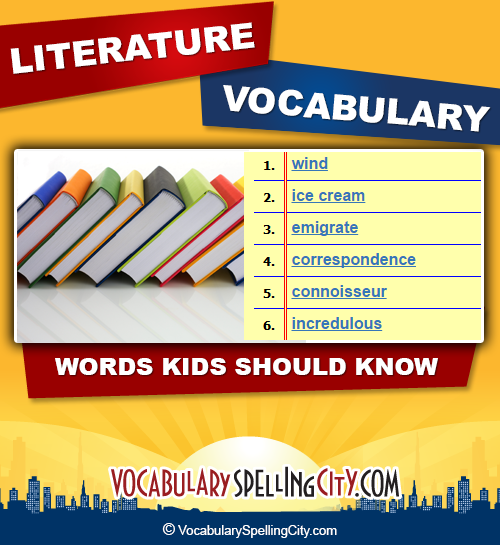Standards
- Vocabulary Listsmac's Literature Classes Free
- Vocabulary Listsmac's Literature Classes 2020
- Vocabulary Listsmac's Literature Classes 2019
- Vocabulary Listsmac's Literature Classes Online
- While I provided a few ideas regarding how students can interact with vocabulary words in the last post, I’d like to get more specific and explore several unique and creative avenues that teachers can incorporate into their curriculums. I teach ELA, but these brain-based vocabulary ideas can apply to word lists from any content area.
- Elements of literature vocabulary development first course Nov 24, 2020 Posted By Robert Ludlum Media Publishing TEXT ID 05898470 Online PDF Ebook Epub Library key first course grade doc g0i6jppceo holt elements of literature vocabulary development with answer key first course grade 7 by holt rinehart and winston holt rinehart.
Elements of Literature Third Course Vocabulary Activity Worksheets and Workbook (Elements of Literature - Third Course - Grade 9, Vocabulary Activity Worksheets and Workbook) on Amazon.com.FREE. shipping on qualifying offers. A vocabulary list featuring Reading: Literature - Middle School. Whether you prefer poetry or prose, you'll want to review these terms related to reading literature. This comprehensive vocabulary list covers text structure, literary devices and figures of speech, genre, tone and mood, point of view, and much more.
- ELAGSE11-12RI1 Cite strong and thorough textual evidence to support analysis of what the text says explicitly as well as inferences drawn from the text, including determining where the text leaves matters uncertain. Georgia ELA
- ELAGSE11-12RI3 Analyze a complex set of ideas or sequence of events and explain how specific individuals, ideas, or events interact and develop over the course of the text. Georgia ELA
- ELAGSE11-12RI2 Determine two or more central ideas of a text and analyze their development over the course of the text, including how they interact and build on one another to provide a complex analysis; provide an objective summary of the text. Georgia ELA
Learning Target
Students will examine Orwell’s “Shooting an Elephant” and perform a SOAPSTone analysis to consider the effects of mass hysteria.
Opening Session
VOCAB! Take ten minutes to define these words and then let’s unpack them together:
- Hysteria
- Allegory
- Puritanism
- Crucible **Get both definitions!
- Juxtapose
- Paranoia
- Persecute
- Creed
- Heathen
- Partisan

Work Session
After we do vocab, we’re going to be reading an essay by a guy named George Orwell. If you ever read Animal Farm or 1984, this is the same author! Today we’re reading “Shooting an Elephant.”
I’m giving you copies of the text, so I want you to read and annotate as you go. You may NOT use a highlighter – use a pen or pencil to underline, circle, make notes in the margins, etc. The reason I’m saying no highlighters is because you’re not allowed to have them on the AP test 🙂
We’re going to use a reading strategy called SOAPSTone to talk about this essay today.
Vocabulary Listsmac's Literature Classes Free

- Speaker
- Occasion
- Audience
- Purpose
- Subject
- Tone

Vocabulary Listsmac's Literature Classes 2020
Make a chart with all those letters on your own paper, and we’ll go through each of them together so you have a solid understanding of the essay.
After reading, annotating, and SOAPSTone-ing, I want you to answer some critical reading questions, which I’ll put on the board for you to answer on your own paper.
Closing Session
Think-Pair-Share: Think for a minute about how the concept of hysteria applies to the essay we read today. Discuss what you think with a partner, and then we’ll take a few volunteers to share.
Assessment
Formative (reading questions, class discussions)

Differentiation
Process (Scaffolding, annotated text as needed)
Standards
- ELAGSE11-12RI1 Cite strong and thorough textual evidence to support analysis of what the text says explicitly as well as inferences drawn from the text, including determining where the text leaves matters uncertain. Georgia ELA
- ELAGSE11-12RI3 Analyze a complex set of ideas or sequence of events and explain how specific individuals, ideas, or events interact and develop over the course of the text. Georgia ELA
- ELAGSE11-12RI2 Determine two or more central ideas of a text and analyze their development over the course of the text, including how they interact and build on one another to provide a complex analysis; provide an objective summary of the text. Georgia ELA
Vocabulary Listsmac's Literature Classes 2019
Learning Target
Students will examine Orwell’s “Shooting an Elephant” and perform a SOAPSTone analysis to consider the effects of mass hysteria.
Opening Session
VOCAB! Take ten minutes to define these words and then let’s unpack them together:

- Hysteria
- Allegory
- Puritanism
- Crucible **Get both definitions!
- Juxtapose
- Paranoia
- Persecute
- Creed
- Heathen
- Partisan
Work Session
After we do vocab, we’re going to be reading an essay by a guy named George Orwell. If you ever read Animal Farm or 1984, this is the same author! Today we’re reading “Shooting an Elephant.”
I’m giving you copies of the text, so I want you to read and annotate as you go. You may NOT use a highlighter – use a pen or pencil to underline, circle, make notes in the margins, etc. The reason I’m saying no highlighters is because you’re not allowed to have them on the AP test 🙂
We’re going to use a reading strategy called SOAPSTone to talk about this essay today.
- Speaker
- Occasion
- Audience
- Purpose
- Subject
- Tone
Make a chart with all those letters on your own paper, and we’ll go through each of them together so you have a solid understanding of the essay.
After reading, annotating, and SOAPSTone-ing, I want you to answer some critical reading questions, which I’ll put on the board for you to answer on your own paper.
Closing Session
Think-Pair-Share: Think for a minute about how the concept of hysteria applies to the essay we read today. Discuss what you think with a partner, and then we’ll take a few volunteers to share.
Vocabulary Listsmac's Literature Classes Online
Assessment
Formative (reading questions, class discussions)
Differentiation
Process (Scaffolding, annotated text as needed)
